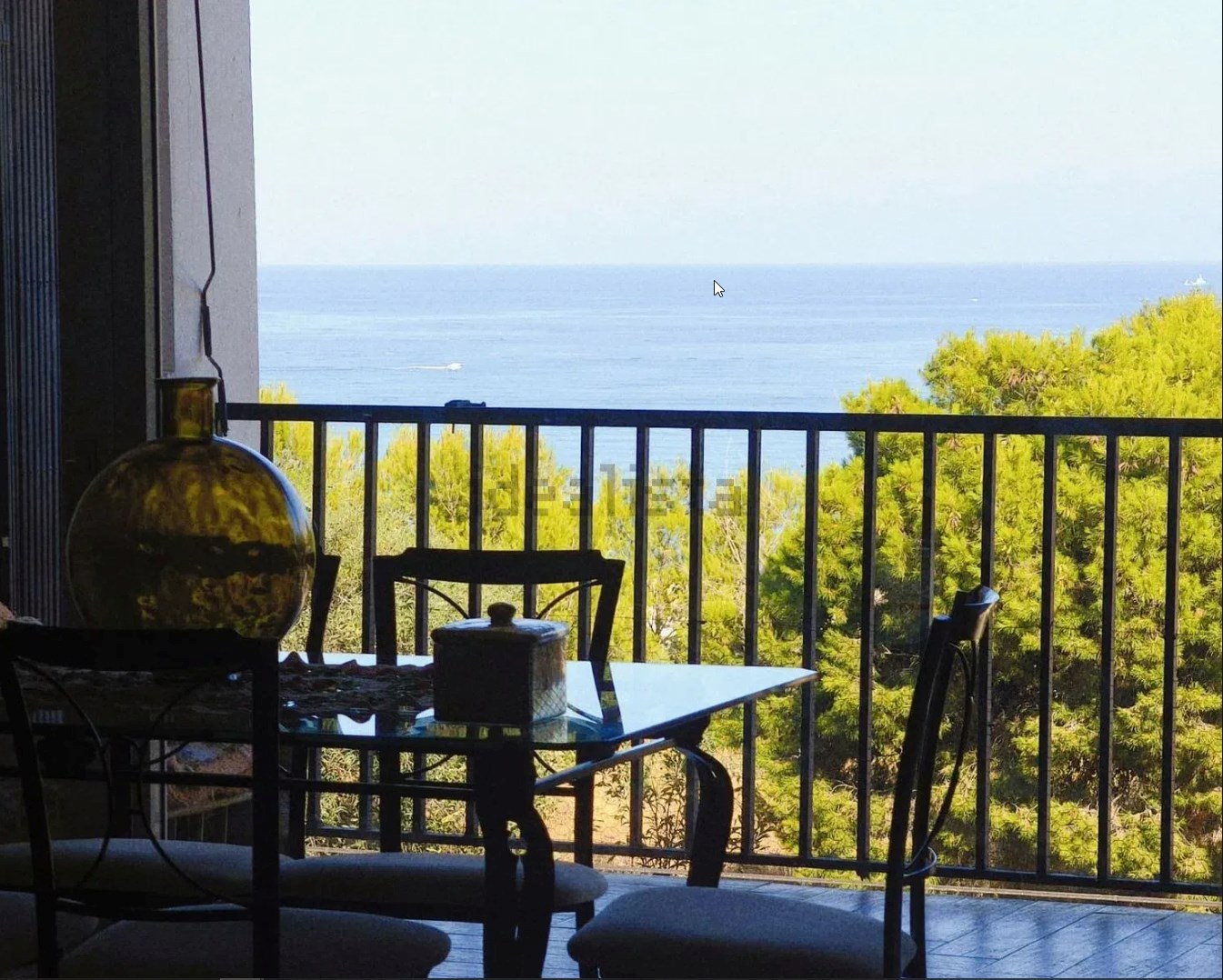New Anti-Squatter Law Introduced in Spain
Spain is introducing new laws to address its squatting problem with faster eviction processes, aiming to protect property owners while maintaining legal fairness. This reform follows widespread concerns over the lengthy and expensive procedures currently required to remove squatters, which often take months or even years in heavily backlogged regions.
The new measures involve amendments to Spain’s Criminal Procedure Code to establish “fast-track trials” for cases of illegal property occupation (locally referred to as okupas). Key highlights include:
- Accelerated Legal Timeline:
- Arrested squatters must appear in court within 72 hours.
- Trials are scheduled within 15 days of the summons.
- Judges are required to issue rulings within three days post-trial, aiming for resolution within weeks.
- Policy Motivation: The reforms are designed to close a legal loophole allowing squatters to prolong their occupation by transitioning cases to standard court procedures after 48 hours of illegal occupation.
- Social and Economic Impacts: The law seeks to alleviate the strain on landlords, many of whom refrain from long-term leasing due to fears of squatting. It also aims to prevent squatting from negatively affecting housing availability and affordability, which has been linked to Spain’s housing crisis.
- Current Status: The legislation has passed through parliamentary stages and awaits Senate approval, which is expected to proceed smoothly, given political backing. Once enacted, the law will represent a turning point in Spain’s efforts to balance property rights with broader housing concerns.
- Penalties for Squatting: The law introduces harsher punishments for squatters, with sentences for violent property occupations ranging from one to three years in prison. Non-violent cases could result in six to eighteen months of incarceration. There are also penalties for those who promote or facilitate squatting, including public officials who may face removal from office for up to 15 years.
- Support for Property Owners: To alleviate the financial burden on owners of squatted properties, the legislation proposes reimbursing taxes like the IBI (property tax) once squatting is declared illegal. Additionally, squatted homes will still be considered the owner’s primary residence for tax purposes, protecting them from potential financial penalties.
While the reforms aim to provide landlords with quicker remedies, they also invite debates over housing policies and the root causes of squatting, such as housing shortages and affordability. These challenges highlight the complexity of addressing Spain’s housing and property issues comprehensively.
Why the Change?
With over 15,000 illegally occupied properties reported in 2023, squatting has become a widespread problem in Spain. The slow and costly eviction process has led many property owners to seek alternative and often expensive solutions, such as hiring private “anti-squatter” firms. The government hopes these new measures will restore confidence among property owners and improve overall neighbourhood safety.
The reforms also respond to public frustration over the perceived leniency toward squatters and the legal system’s inefficiency in protecting property rights.
If approved, these changes will be a significant shift in Spain’s approach to squatting, aiming to balance the rights of property owners with the need for fair legal processes.

